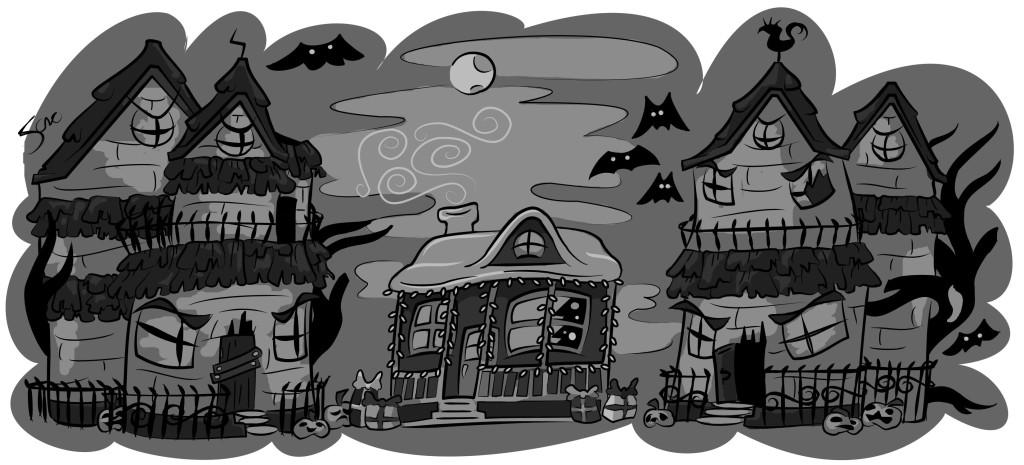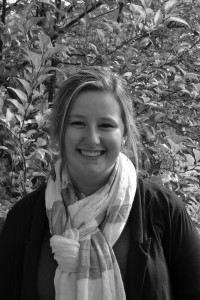It seems as though the new fad is to walk around with a Starbucks cup in one hand and a set of books in the other.
Often when walking through high school hallways the one thing anyone would notice is the amount of coffee and caffeinated drinks floating around.
One may also notice the ongoing chatter about sleep.
These two concepts of caffeine and sleep are tied together in trying to prevent the mutual feeling of sleep deprivation among teenagers.
John Roof has worked in the coffee industry for 20 years, which gives him plenty of experience in the world of caffeine. He worked at Millstone Coffee and ran his own business called the Coffee Zoo where a portion of the proceeds went to autism charities.
“I am so familiar with coffee that it was no a hard decision to let my children drink it. In fact, I didn’t even think about it, I consider drinking coffee a natural progression to the growing up process,” Roof said.
Around 28 percent of teenage students rely on energy drinks once a week or more for energy purposes.
Junior Rylee Orozco said that caffeine isn’t only a delicious treat, but it proves to be a routine every morning to help her through the day and a plus is that it comes in the form of coffee and energy drinks.
“I usually drink a cup of coffee every morning, sometimes two. It starts my day on the right foot but if I drink it after 4 p.m. It seems to keep me awake for a while,” Orozco said.
Becky Nimmo, a nurse at Group Health, knows the effects of caffeine on a teenager’s system.
“Caffeine is a chemical and that is how it works on the brain. Some people it wakes them, some people like me it does nothing for and teens, or adults that have attention deficit hyperactivity disorder, is where the caffeine actually works the opposite and calms them,” Nimmo said.
Nimmo described how teens often drink caffeine to give them a burst of energy but it actually calms down the body’s system and gives it a chance to take a breath and regain the strength to continue on with activities.
Although many teens are consuming caffeine, more adults are buying mass amounts of coffee at grocery stores rather than teens who mainly stick to small cafes.
“The older crowd is more likely to buy coffee at the grocery store or Costco to brew at home. While the younger demographic only knows the more expensive and convenient local coffee shop,” Roof said.
Although local coffee shops tend to be more expensive than self-brewing at home, it is the more popular way of fulfilling one’s coffee fix.
“Seven years ago the market shifted again with the introduction of the K-Cup Brewing system, where the customer voted for convenience over saving money,” Roof said.
Individual cups are what a student on the go is looking for, such as sophomore Ethan Garaud.
“Besides the social aspect, I think other teenagers use coffee more to stay awake to finish various activities rather than for the flavor,” Garaud said.
With the topic of sleep occupying conversations throughout school hallways and the new trend of coffee and caffeinated drinks, the unanswered question is if student sleep schedules are affected by the copious amount of coffee being consumed.
“I think each teen is different because of caffeine being a chemical and working on the brain differently. But overall it affects sleep, study patterns and behavior,” Nimmo said.
While quite a few teens rely on caffeine to keep them awake to do homework and study, it has the capability of keeping them up for hours past their intentions.
“Coffee will affect your sleep if consumed too late in the day. It’s always best to obstain from drinking coffee after three in the afternoon,” Roof said. “Teens would benefit more from cutting our cell phone use after six in the evening than cutting out coffee. The brain is much more stimulated by the cell phone than caffeine.”
Both Orozco and Garaud say that coffee hasn’t affected their sleep schedule but will give them the necessary energy required to complete the day.
“Having the proper balance and maintaining a healthy lifestyle enhances energy and performance better than coffee. However, a small cup in the morning before a workout or run helps me get the engine going,” Roof said.
There are health studies on both the negative and positives of coffee based on energy, sleep schedule and performance. Around 46 percent of students drink a cup of coffee once a week or more. Roof also said that most of the negative results of coffee are from an overconsumption of caffeine. s
“Coffee can be served hot or iced depending on the day and it’s always nice to meet friends for coffee. It’s also a big plus to be caught with a coffee cup in your hand while in school, it gives you a sophisticated and confident feeling that will make your day a bit better,” Orozco said.
Coffee puts literal warmth in one’s hands and sometimes gives security, some enjoy the flavor, some need it for the energy and some keep it as a morning routine, mentions Nimmo.
“Over the years people say ‘I need my coffee to wake up,’ I’m not sure if they do or if they don’t want the withdrawal headache or just plain have an addiction,” Nimmo said.
Caffeine consumption affects a student’s sleep schedule it is a part of almost every teenager’s life today, mentioned Garaud.
“Everything we do has a certain level of satisfaction associated with behavior. The coffee shop plays a major role in society where people can feel a part of something, a place to fit in, to belong, to be accepted for who you are and what you are,” Roof said. “Look around the coffee shop and you will see every class of person represented and each sharing the same space, with each person doing what they please. All this activity centered around one cup of coffee.”



